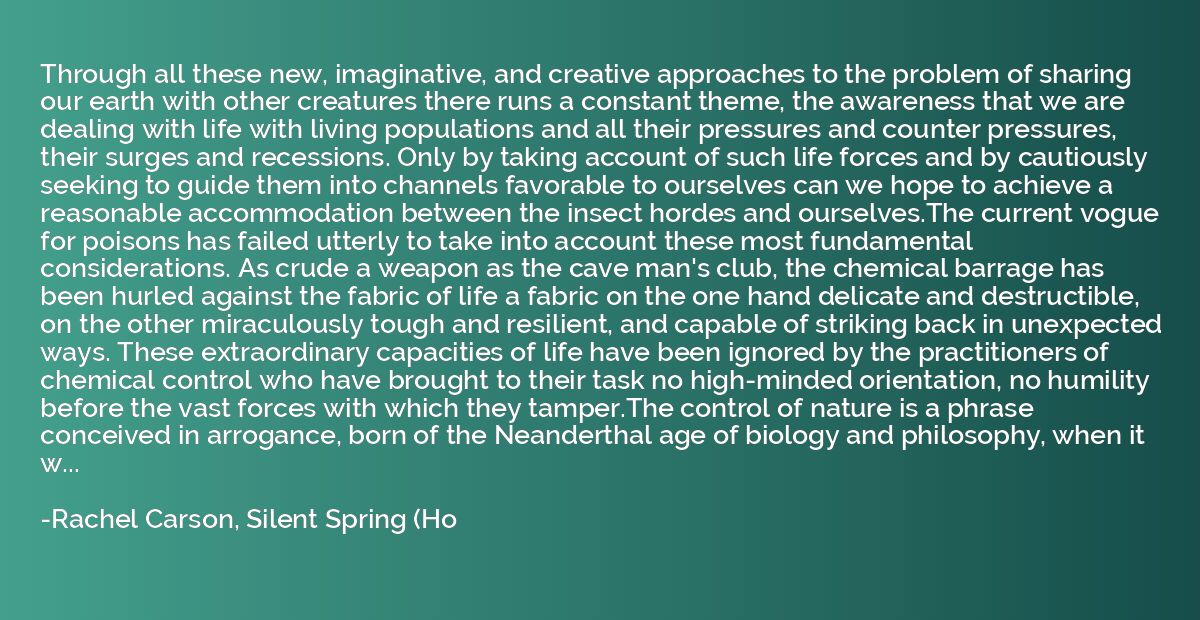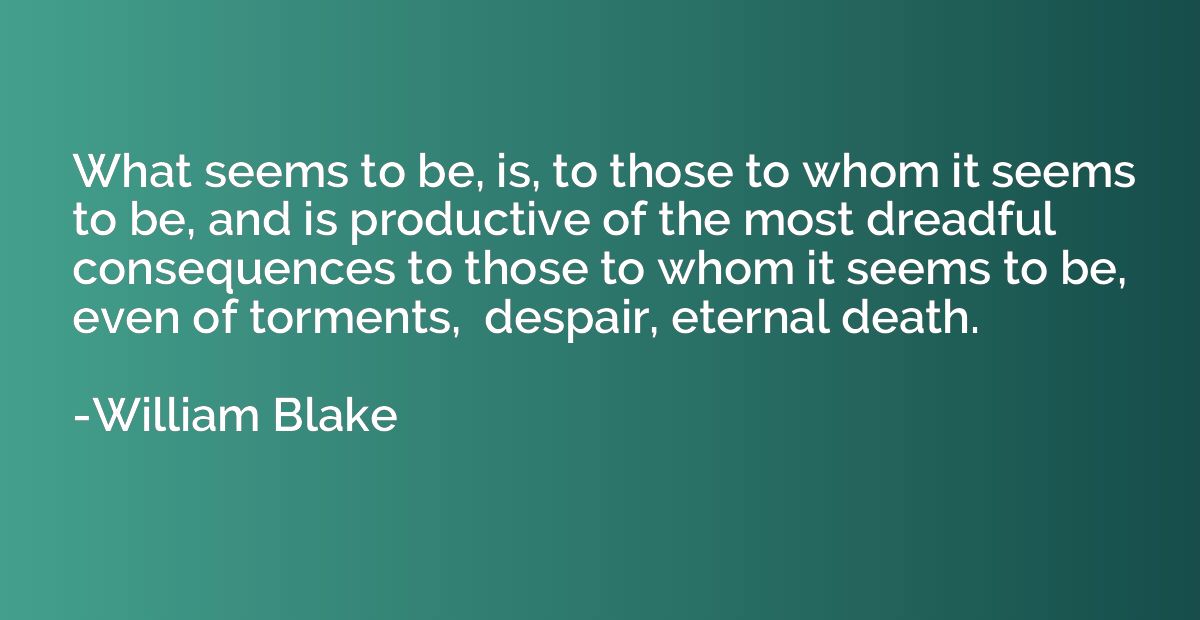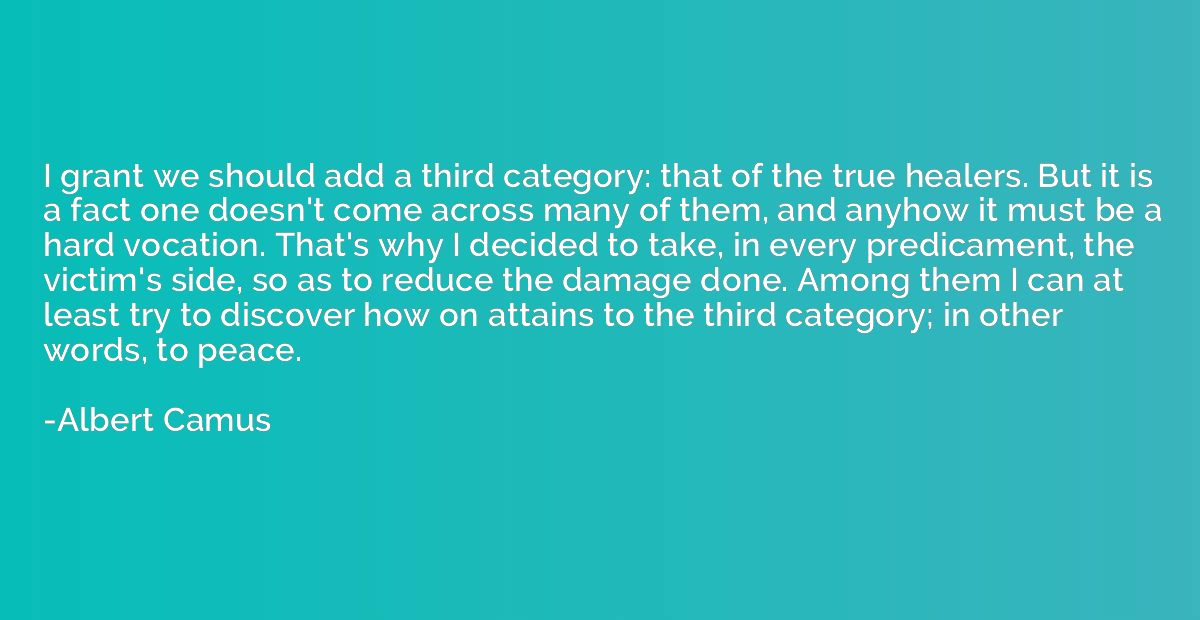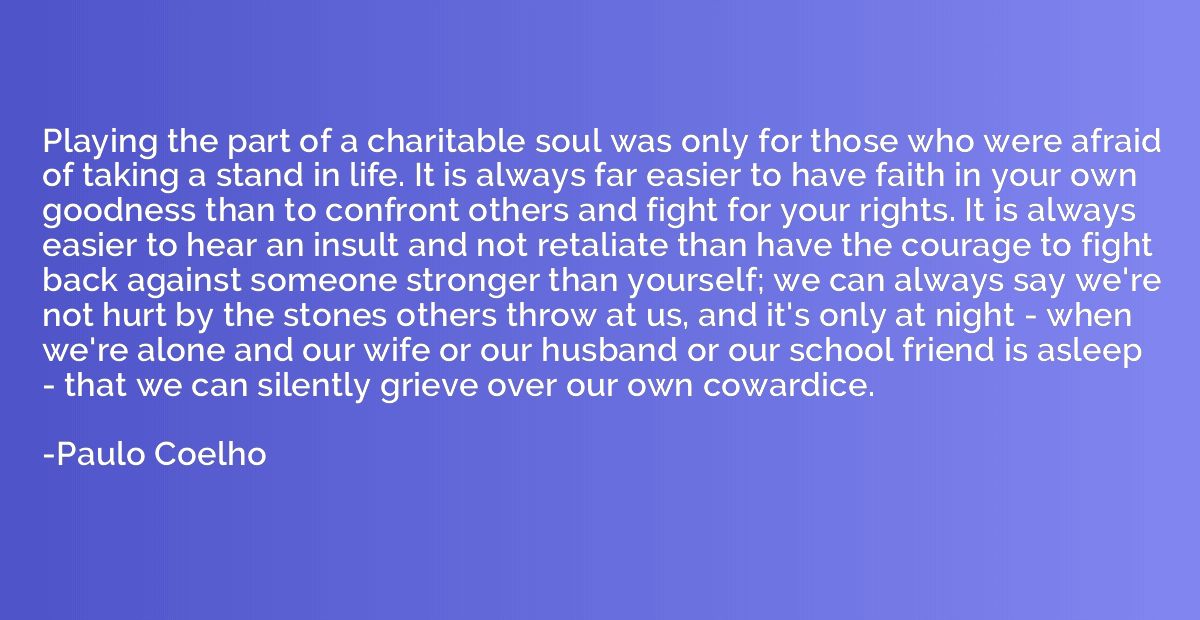Quote by Eugene W. Smith
Passion is in all great searches and is necessary to all creative endeavors.
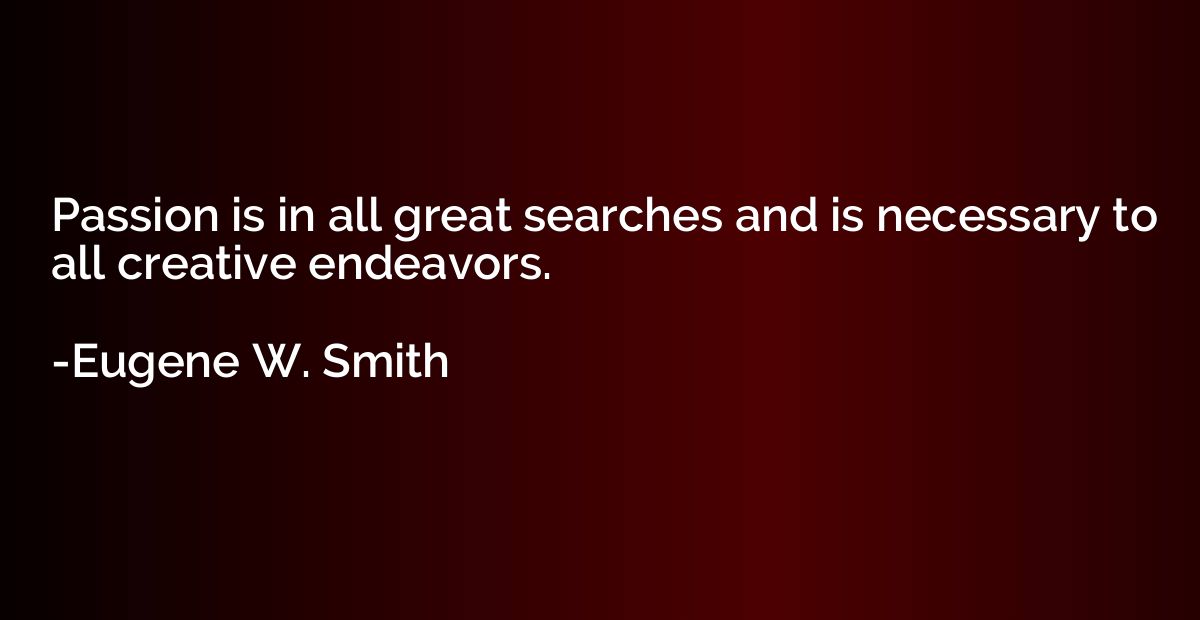
Summary
Passion is a crucial element that drives the pursuit of greatness and fuels the fire of creativity. It is an indispensable force that propels individuals in their quest for excellence and fulfillment. Without passion, endeavors lack depth and purpose, resulting in mediocrity. Whether it is in art, science, or any other field, passion adds an infectious enthusiasm and unwavering commitment. It ignites the spark that keeps individuals motivated and dedicated to their work, pushing boundaries, and unlocking innovation. Ultimately, passion breathes life into great quests, infusing them with energy, purpose, and the potential for extraordinary achievements.






